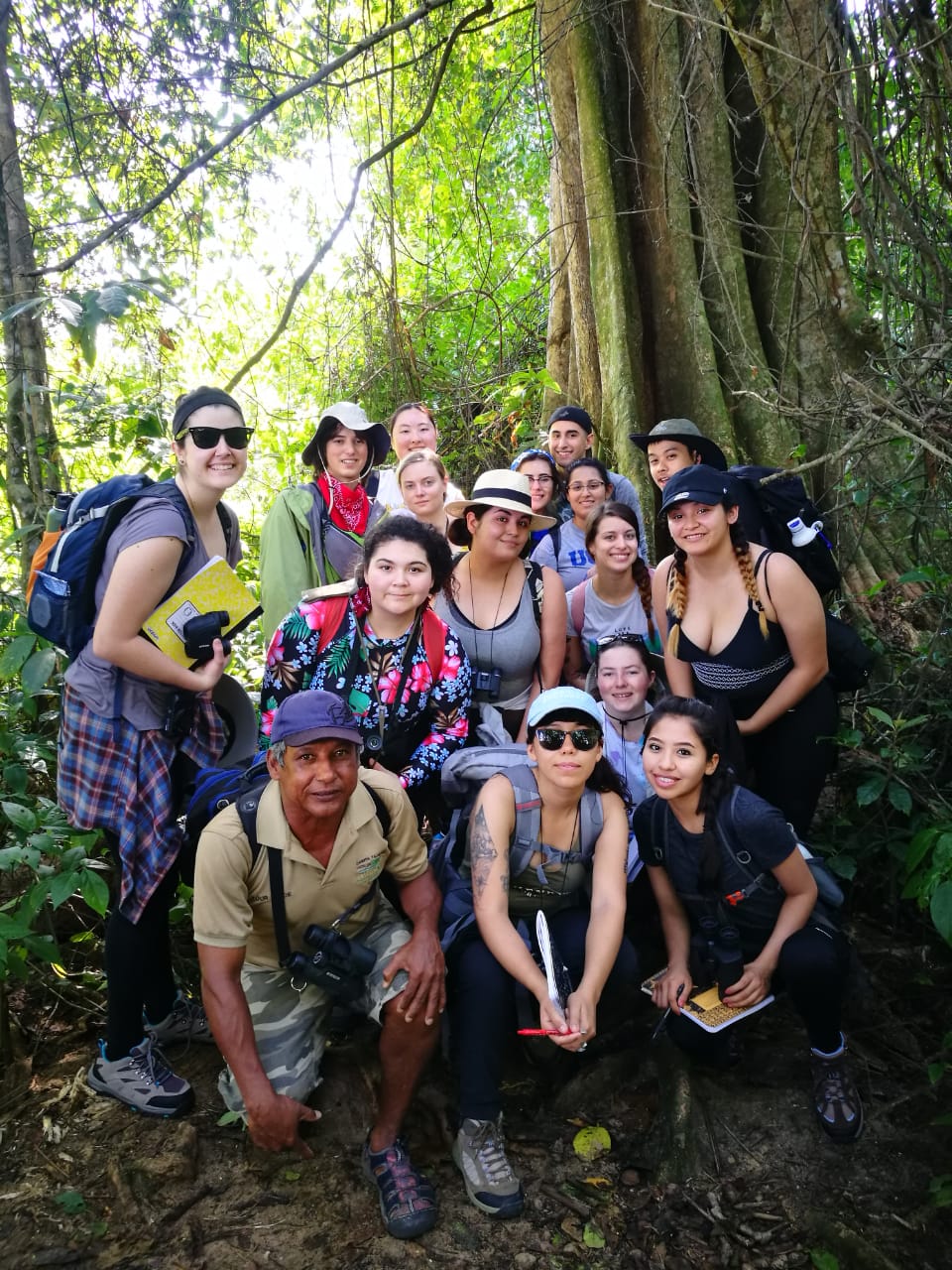Students and faculty agree that Costa Rica is ideal for study abroad. Since 2008, AIFS has hosted dozens of programs taking advantage of the rich biodiversity and warm hospitality that this jewel of Central America has to offer. AIFS Customized, Faculty-Led programs are based in the capital city of San José. Here, students can experience the rich history, culture and home cooked meals living in homestays. Itineraries include visits to museums and monuments, as well as excursions and field trips of varied duration to the diverse regions of the highlands and coasts of the Pacific and Caribbean.
Cultural activities in San José include visits to the National Museum, the Gold or Jade Museums, a cooking class to learn traditional empanada recipes, a tropical fruit class to try the distinct varieties of the region and salsa dance class. A service-learning day at a local non-profit allows students to experience current matters facing Costa Rican society. Visits around San José can include organic farms, volcanos, coffee plantations, waterfalls, cloud forests to plant trees, butterfly farms and zip-lining. We also offer full day excursions to indigenous communities to learn about their history, culture and traditions as well as contemporary issues.
In addition to activities in San José, AIFS programs provide faculty and students with the opportunity to explore the cloud forest of Monteverde, the volcano and hot springs of Arenal, the national park of Manuel Antonio, the wetlands of Tortuguero and marine life of Cahuita.
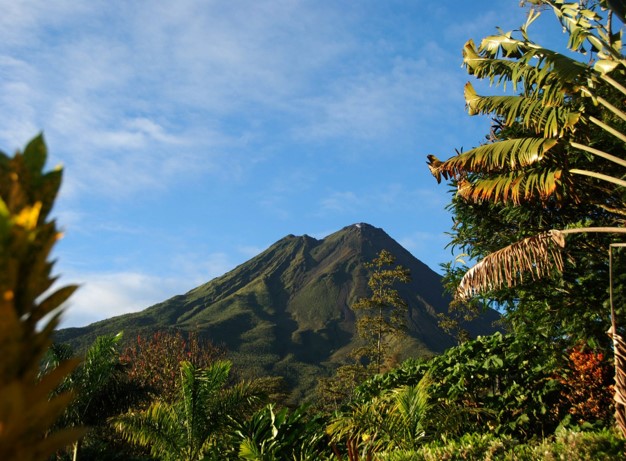
Here are 10 reasons to take a group of college students on a customized, faculty-led study abroad program in Costa Rica:
1. A perfect setting for a wide range of disciplines.
Environmental Science, Biology and Spanish language are perfect fits for Costa Rica, yet options are in no way limited. Recent academic courses have also included Mathematics, Anthropology, Kinesiology, Health Sciences, Psychology, Geography and Photography. Costa Rica is the perfect place to turn the location into your classroom.
2. Reasonable program fees.
Costa Rica is an excellent value. Homestays in San José provide two meals per day plus laundry and overnight excursions include lodging and most meals. Eating out and public transportation are generally less expensive in Costa Rica than in Europe or the US. Students’ out of pocket expenses can be significantly less.
3. Tropical Climate.
Costa Rica is situated in the Tropic of Cancer, roughly 10° north of the Equator. The country has 12 microclimates including volcanos, alpine meadows, cloud forests, tropical dry forests, coastal rainforests and mangroves. Costa Rica has two seasons: a dry season typically from January to April and a wet season from May to December.
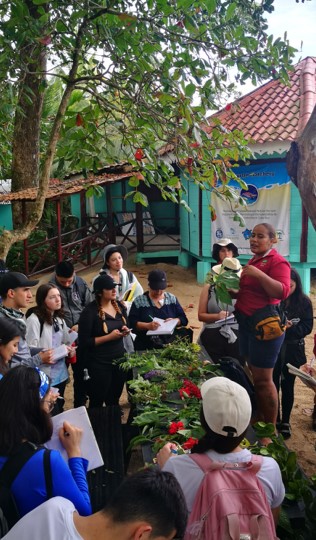
4. Biodiversity.
5% of the world’s flora and fauna are found in Costa Rica. 25% of its national territory is dedicated to protected national parks and reserves where thousands of species thrive. You can learn more about Costa Rica’s commitment to the environment here.
AIFS partners around the country with several research facilities and ecotourism agencies. Students and faculty have the opportunity to experience first-hand some of Costa Rica’s 12 microclimates. We offer walks through the mangroves, night hikes in the rain forest and canopy tours and lectures with local naturalists .
5. Making local connections.
There are so many ways for students to immerse themselves in the language and culture of Costa Rica. Homestays, intercambios (language exchange partners), volunteering projects, visits to indigenous communities, visits to schools and non-profits all help students develop a connection to their host country.
6. Costa Rican breakfasts.
US students love the hearty Costa Rican desayunos (breakfasts)! Scrambled or sunny side up eggs are accompanied by gallo pinto (rice and black beans) and plátano maduro (caramelized plantains) and toast. Not to mention the rich coffee and delicious fresh tropical juices.
7. Outdoor activities.
Costa Rica is the best place for being outdoors. The mild climate is perfect for a wide range of activities such as day and night hiking, kayaking, ziplining, snorkelling and rafting.
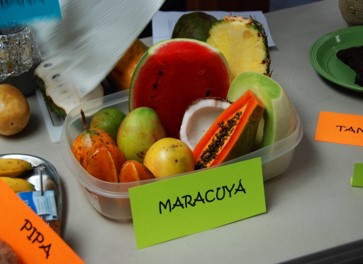
8. Tropical Fruit.
There are so many varieties students have never seen or heard of to try and enjoy! A tropical fruit class will introduce students to granadillas, carambolas, guava, guanabana, guava, pejibaye and mamón chino to name a few. Our wonderful mamás ticas (homestay mothers) will prepare the fruits in sorbets and juices as well as serve them fresh at mealtimes.
9. Improve your students’ employability.
Study abroad is an impressive part of any resume and a study abroad experience will give students relevant life skills to speak to in job interviews. In fact, in the 2018 AIFS Student Outcomes Survey, 67% of students reported being asked to speak about their study abroad experience in a job interview. Study abroad demonstrates problem solving, creativity and flexibility- all qualities desired in today’s very competitive job market. AIFS can provide resources to support students unpack their experience upon their return to the US.
10. Provide a completely new experience for your students.
Essentially, all aspects of students’ daily lives will be different from what they know. From using public transportation to dealing with a language barrier, to completely new customs and foods, a program in Costa Rica will challenge your students. The lifestyle and culture will help students open their eyes to new ways of doing most everything. It will force them to “think out of the box” and adapt, with the continued support of AIFS staff.
But don’t just take our word for it! You can find many articles from AIFS Costa Rica Alumni on our blog.
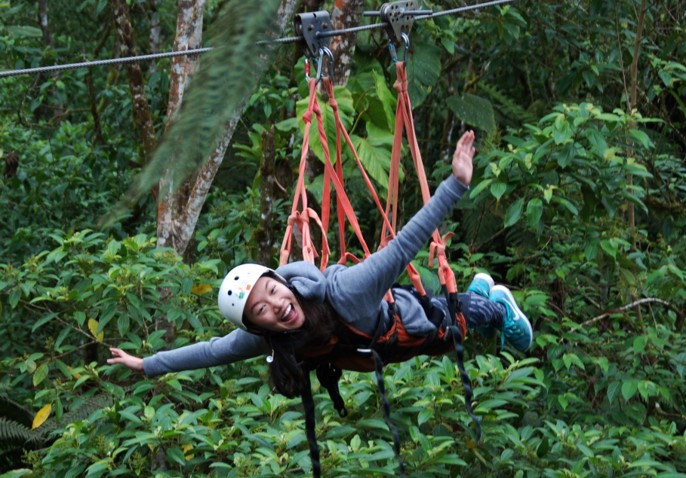
For more information about Consortium programs or Customized, Faculty-Led programs in general, please contact a member of our University Relations team.
